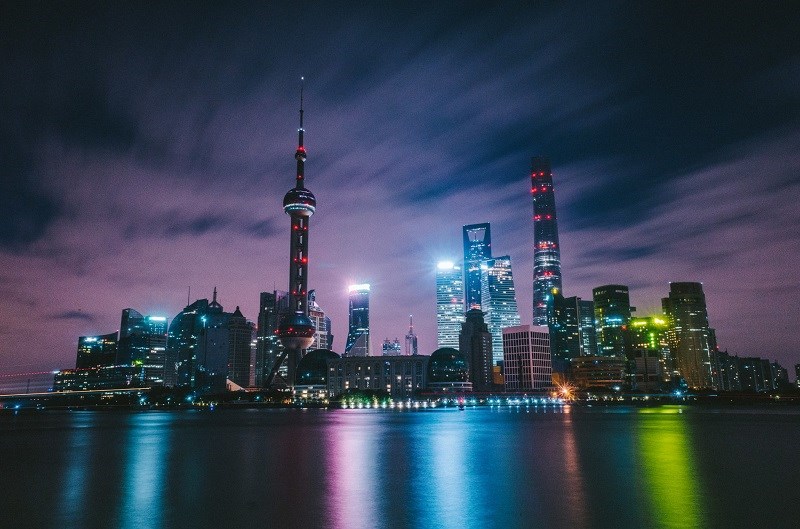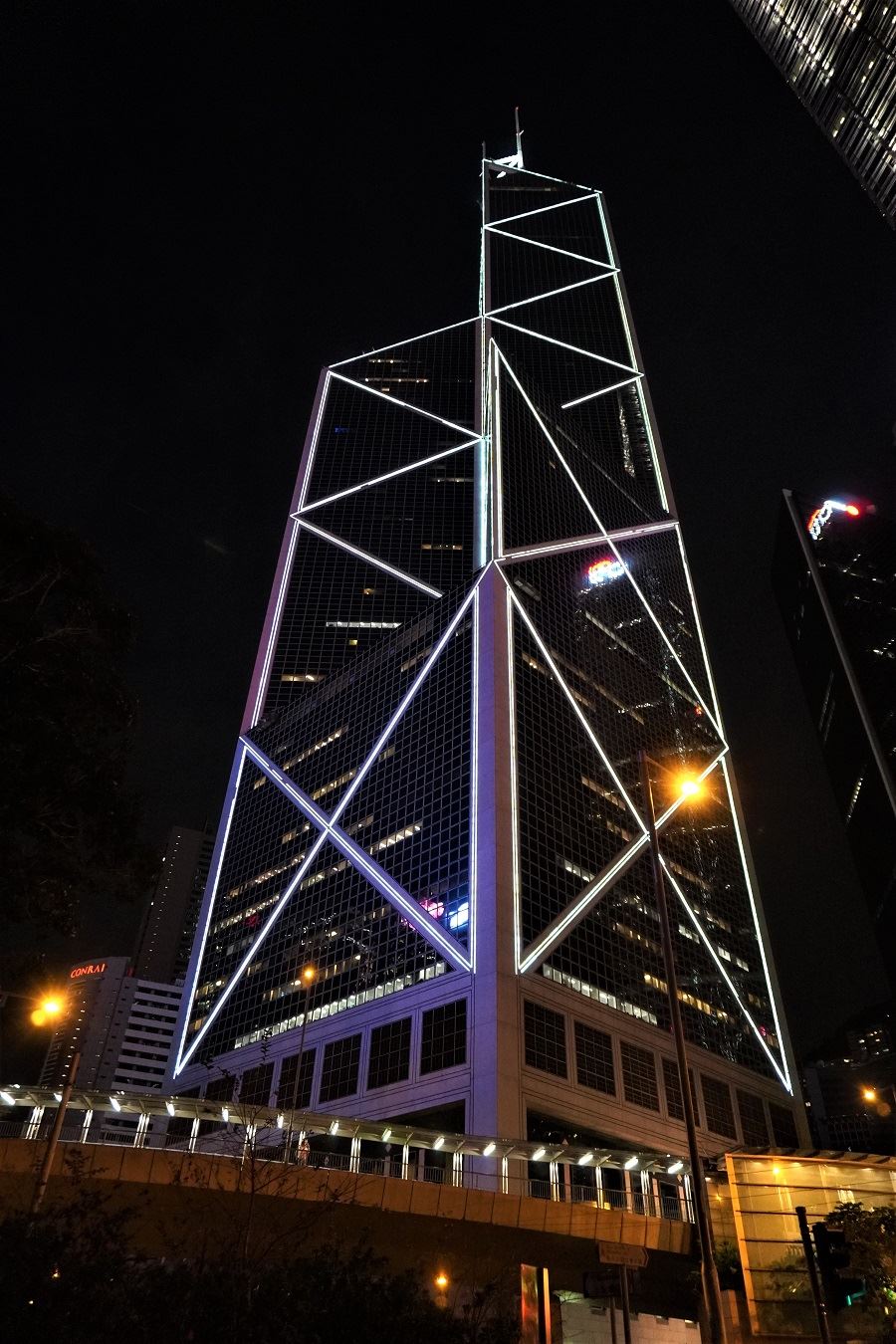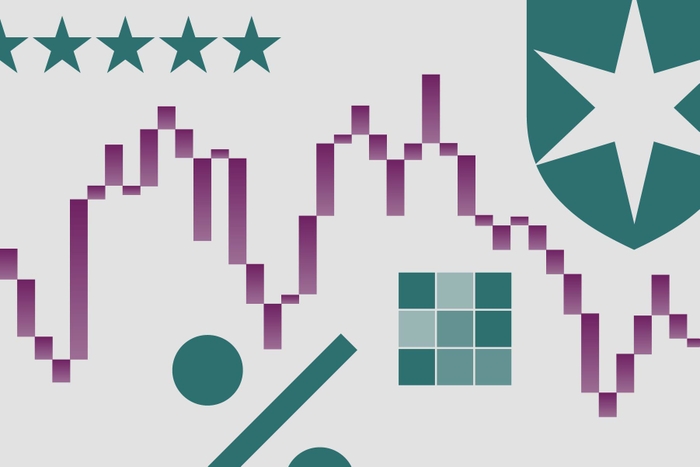
As the markets recover from the lows of March, investors are once again looking for opportunities and growth.
Because of the coronavirus pandemic, valuations have become more attractive than they were at the start of the year and fund managers are seeing value in various countries. For example, Invesco’s Jeff Feng has been increasing weight in his existing positions in markets like China, as companies he finds attractive have corrected.
Feng notes that: “Prior to the downturn, there were fewer investable opportunities on our watchlist as a result of elevated valuations. Now, valuations of these high-quality businesses have continued to remain expensive, so instead, we opted to increase our weight in existing positions rather than adding new names to the portfolio. A lot of our existing holdings were already relatively more attractively valued, and they corrected along with the market.”
COVID-19 Is far From Over, but China Is Well Equipped to Handle Round 2
Feng, who is a senior portfolio manager at Invesco, expects to see further volatility over the next few months as earnings are released and as a resurgence in the virus in certain regions forces businesses to close yet again.
He notes that China fortunately was able to control the virus outbreak better than many other countries. Many other emerging markets’ experience with the crises was even worse than their developed-market counterparts, with the crash in crude oil only adding further economic pain for many.
“The cost to contain this outbreak will be high for a lot of countries. China was preemptive in their containment efforts which should minimize the cost, relatively speaking, as a percentage of their GDP. Looking forward, the Chinese government has more tools at their disposal to stimulate the economy, both monetary and fiscally, which should give a good boost to the economy and thus makes it well positioned to other countries,” he outlines.
While it is still early days, Feng is beginning to see some stabilization in China and continues to be overweight the country. “We believe that China will likely emerge from the crisis with an even stronger position within the global economy and valuations are not at a premium,” he says, adding that it’s important to keep in mind that any overweight or underweights within the portfolio are strictly a result of his bottom-up fundamental process rather than any top-down view of the economy.
Worries About Protectionism?
China is highly integrated with many markets around the world and many countries have integrated supply chains with China. But after the supply shocks because of the economic lockdowns in China, will this continue to remain the case? Feng thinks things might change.
“Many production facilitates will migrate from China to countries with lower labor costs. We believe the virus, trade war, and recent Hong Kong developments are catalysts to accelerate this shift, one that will be incredibly important to consider when investing in Chinese stocks,” he warns, adding that for many industries, unwinding the complex supply chain network would be extremely challenging, very costly, and will take years if it is even possible.
“We believe the most likely outcome will be a mixed approach based on industry. There will be a departure of production bases for some industries as we observed in apparel manufacturing. Conversely, China will retain production for many industries because it has the most competitive chains of production,” Feng says.
Short-Term Pain, Long-Term Gain
Given the concerns about trade wars and a potential backlash due to the virus, investors are wary of investing in companies--or even countries--that are highly dependent on exports. Export-oriented businesses typically derive competitive advantages from a lower cost base stemming from cheaper labour, government subsidies, favorable policies, or natural resources. Feng acknowledges that these advantages are not necessarily sustainable and are susceptible to unpredictable commodities prices and foreign-exchange volatility.
“Our belief is that it’s important to be highly selective, investing in companies with strong and endurable economic moats. Even beyond China, we are only able to find a select few companies dependent on exports that meet this criteria, such as Samsung Electronics, Taiwan Semiconductor, and two manufacturers in East Asia that are leaders in niche markets,” he says.
The companies he owns in China are focused on e-commerce. “Companies like Alibaba benefitted people ordering more products and food to their homes. Tencent, the leading video game distributor in China, benefitted from people looking for entertainment during the crisis. Some core holdings, like New Oriental Education will benefit after this event, as with the virus’ impact, many classes will see a migration to online and only larger players have the proper IT system infrastructure,” Feng says, adding that ultimately, it is short-term pain, but long-term gain.












.png)











